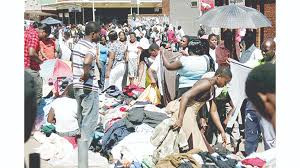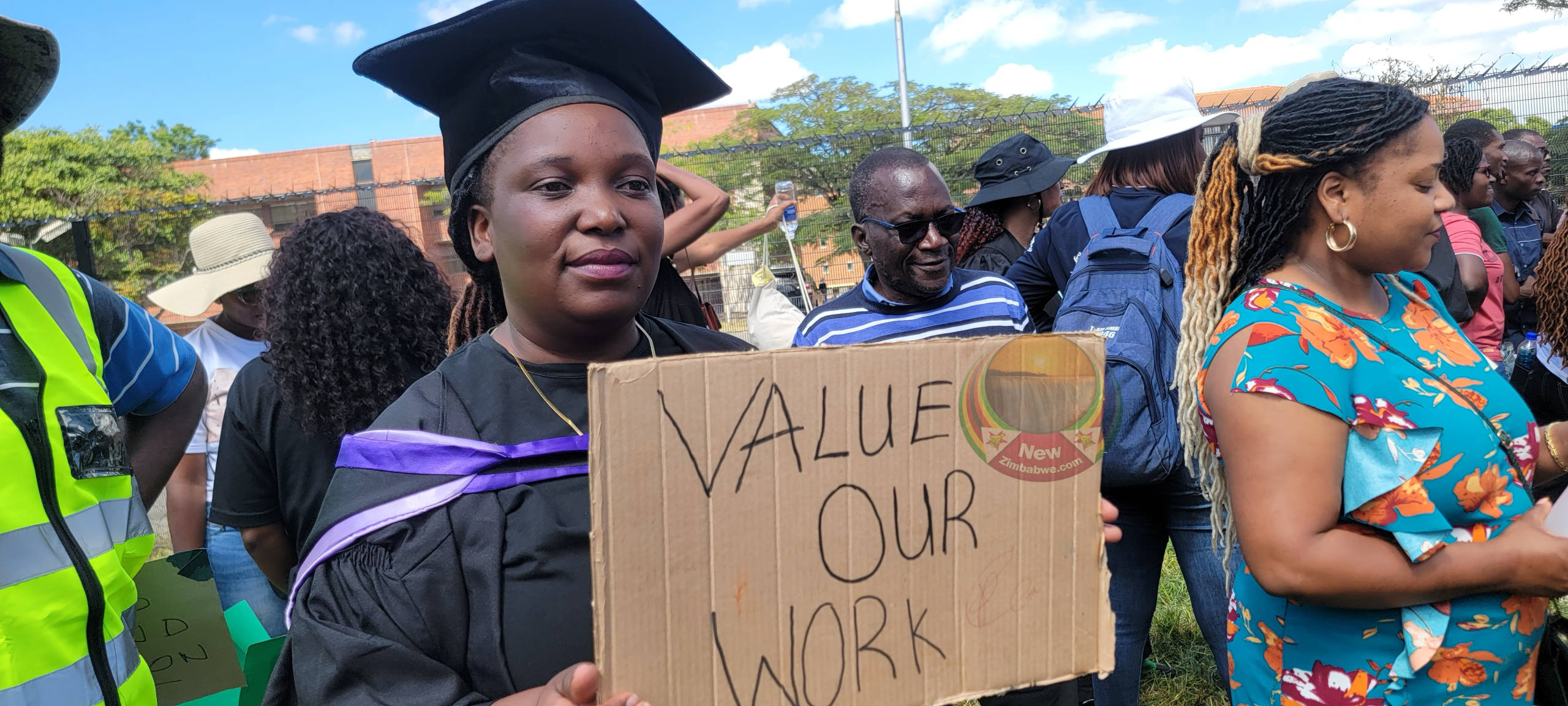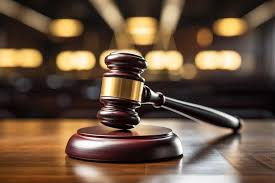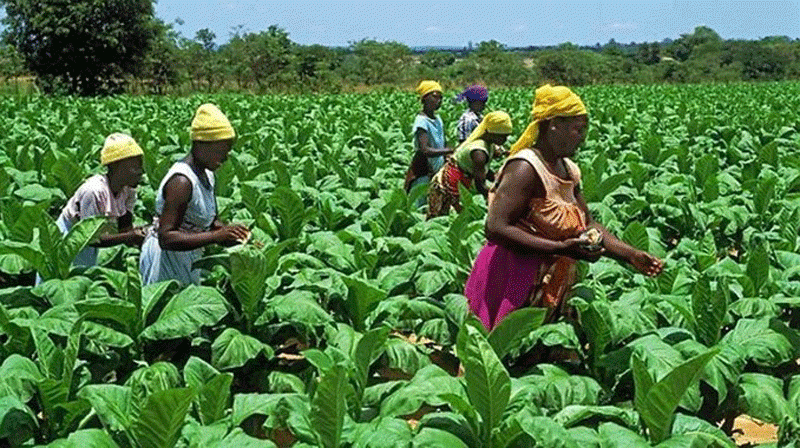PRESIDENT Emmerson Mnangagwa has told the British government to apologise for its brutal century-long colonial rule that dispossessed indigenous people of their land and subjected them to other forms of abuse.
Addressing mourners during the burial of the late national hero Jaison William Chirinda at the National Heroes Acre in Harare yesterday, Mnangagwa said going forward, the British government should return the remains of Zimbabweans who died long back and were taken to Britain.
“We demand an apology and reparations from the British government,” Mnangagwa said.
“We must never despise who we are as a people or look down on ourselves, or conform to the negative narratives about us being peddled by detractors.
“We, Zimbabweans, are a proud, resilient, courageous, humble and hardworking people; a united, peace-loving and harmonious country. No amount of lies and falsehoods will ever erase this.”
Zimbabwe has on several occasions begged London to repatriate remains of its fallen heroes, with some of them reportedly being on display in museums.
Keep Reading
- Mr President, you missed the opportunity to be the veritable voice of conscience
- ED to commission new-look border post
- Zanu PF ready for congress
- EU slams Zim over delayed reforms
“We remind the British government and people that the spirits of our heroes will not rest until their remains are repatriated and interred in a dignified way. Going forward, we urge the British government to return the remains of our people to Zimbabwe,” Mnangagwa said.
“Equally, the remains of our brave warriors such as Chief Chiwashira, Chief Chingaira, Chief Mapondera and Chief Mashayamombe are still held in British museums as trophies, after they were captured and killed in horrific circumstances.”
Mnangagwa spoke about the incarceration and detention of Zimbabweans for their quest for independence and self-determination as a brutal instrument unleashed by the colonial administration to dampen the revolutionary spirit.
“However, that was never to be, we persevered, until our goal was achieved,” he said.
Mnangagwa said in prison, the late Chirinda, himself and other cadres were subjected to harrowing, inhumane and dehumanising treatment for daring the colonial system.
“The colonial system was a scourge imposed on our nation by the British monarch and government, designed to dispossess us of our land and resources for their selfish benefit. Beginning in 1893, the racist colonial regime started grabbing land, livestock and mineral resources, condemning our people to arid and infertile parts of the country,” he said.
“This was enabled through pieces of unjust legislation such as the Land Apportionment Act of 1930 and the Native Land Husbandry Act, among others.
He said his government was forthright in accommodating compensation of white farmers in respect of improvements they made on the land redistributed by the State.
“The second republic is forthright in accommodating compensation of white former farmers in respect of improvements they made on the land redistributed by the State. We call upon the British government, whose predecessor governments were responsible for pillaging and brutalising us, to take responsibility and not remain indifferent to the cries of Zimbabweans for justice.”
Meanwhile, Mnangagwa said the late hero Chirinda fought a good fight for the betterment of the country.
“Today, we honour a national hero, Cde Chezhira, who chose to take up the fight for independence even against what seemed to be a superior enemy. In this developmental stage of our country, we need more young boys and girls, men and women, who have the same tenacity to push the national vision forward,” he said.
Chirinda was born on September 1, 1942 in Gora, Madziva area in Mashonaland Central province.
He did his primary education at Madziva Gora Primary School and later went to Zambia, where he enrolled for secondary education at Chifubu Secondary School in Ndola.
Chirinda joined the liberation struggle in 1965.
He was sent to Tanzania for military training at the Three Leaves Brigade.
On completion of initial military training, he was sent to China for further training.





